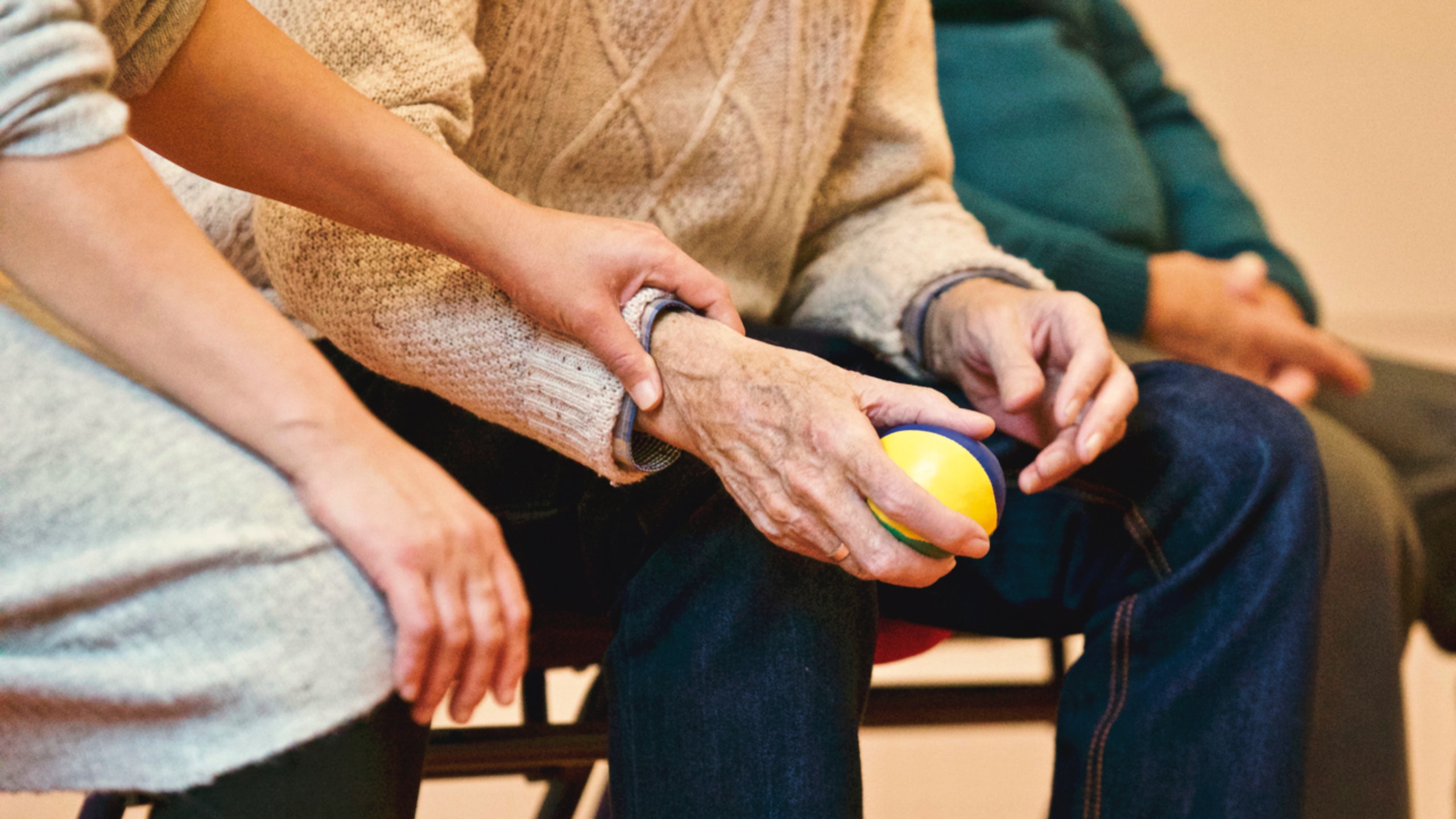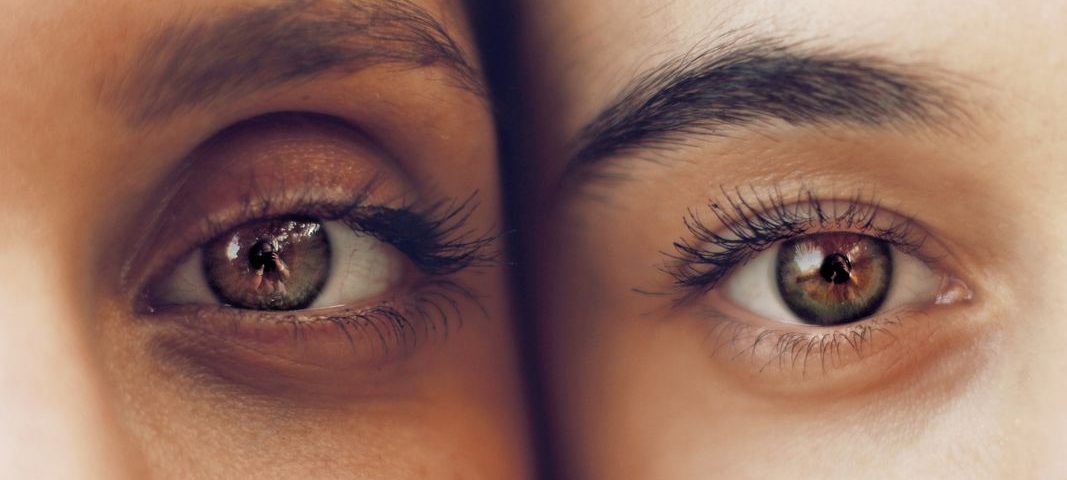In 1848 a young Phineas Gage was working on the railways. His job involved tamping down dynamite into a hole. One day he became distracted and the dynamite exploded, sending the iron bar through his head. While there is a lot of conflicting evidence about what he was like before and after the accident, it clearly changed him significantly (as one might expect). Every year many people have life-changing accidents, and while few of them are of the same magnitude of Gage’s they can still have a profound impact on our lives, whether that be because of changes in mobility, unexpected limitations on lifestyle – or just a general feeling of a lack of control. An accident can easily make you feel like the rug has been pulled out from under your feet, and acclimatising to any period of recuperation can be very stressful. This can be exacerbated if the recovery period is long or requires significant amounts of active therapy.
Traumatic brain injury
Traumatic brain injury can lead to memory loss, both short and long-term. This can have a dramatic effect, even if it only results in someone being unable to remember the exact accident. Fortunately few people ever experience anything as dramatic as Phineas Gage, but a head injury can certainly cause changes in personality. The charity Headtrust states that 1 million people every year visit hospital with a brain injury. Some of the long-term implications of a severe head injury can include physical symptoms such as dizziness or persistent headaches. They can also cause psychological problems. Sometimes stemming as a direct result of the physical symptoms, but also caused directly by the trauma. These can sometimes be very significant personality changes, including anger management issues that can cause a large change in quality of life.
Non brain-traumatic accidents
While some accidents change people through neurological trauma to the brain they can also lead to anxiety or depression, or exacerbate existing conditions, even when there has been no brain injury or physically significant trauma. A key plot point in the BBC programme Wanderlust was about the main character (a psychotherapist named Joy) who has an accident while cycling and is profoundly affected by it. Unfortunately the mental effects of an accident have the ability to extend into almost all parts of your life, or those you around you that you love. As the show demonstrates, Joy’s cycling accident lead to a loss of confidence cycling but also sexual dysphoria and anxiety. Wanderlust gives an accurate and sympathetic portrayal of the stresses and strains that an accident can cause. It also shows how psychotherapy can help someone feel more confident and happy with themselves.
The role of psychotherapy in accident recovery
Finding ways of coping with significant life changes is central to psychotherapy, and it can be a helpful way to re-conceptualise aspects of your life that you are struggling to make sense of. Part of what makes an accident so troubling is that it comes seemingly out of the blue, and is largely out of you control. Some of the changes in behaviour might make sense, even if they appear radical. For example, if you were injured cycling you may no longer feel like it is something you want to do. Being able to find strategies to cope with a change in lifestyle is just as important as focusing on the accident itself, and can be both negative and positive.
Of course every person is different, and no two accidents are the same and so the exact response to an accident can vary hugely from person to person.
If you or someone you know has had an accident and there have been noticeable personality changes the best thing you can do is talk to specialist who will be able to advise you on what the next steps to take might be. If the accident is particularly serious then psychotherapy can be just one of the methods of coping in conjunction with rehabilitation from an occupational therapy team.
PTSD
Accidents can certainly trigger anxiety, which may manifest itself in many different ways, from generalised anxiety to specific phobias. This could be as a result of Post Traumatic Stress Disorder (PTSD). Sometimes changes in behaviour are associated with this, such as compulsively checking things as a result of compulsive alertness. Finding effective strategies to alter this behaviour can have significant impacts on quality of life, sometimes in quite unexpected ways, such as improving quality of sleep. High-stress levels can cause an increase in stress hormones like cortisol, which can change sleeping patterns. This becomes a vicious cycle, as poor sleep quality can itself lead to stress. That’s why it is important to tackle the consequences of accidents head on.
All of us experience traumatic events in our life, but we don’t all develop PTSD. A behaviour change, particularly if you are not happy with a change in your own behavior or if it is putting stress on your family or work is still something that should and can be dealt with.
We want to hear from you
What are your experiences of behaviour changes after an accident? We’d not only love to hear your stories but also any tips or tricks you’ve learnt about dealing with difficulties associated with the impact of an accident in your life. Leave your thoughts and comments below.


 Back to all posts
Back to all posts


























